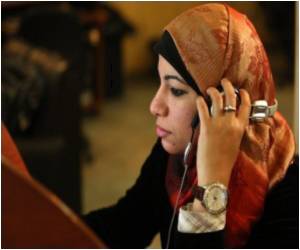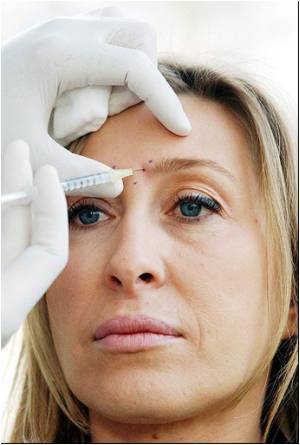A woman’s self-esteem seems to be shaped by other’s perceptions, at least in regard to the appreciation of her body.

The fact though is they will be able to appreciate their bodies better if only they can focus on the inner workings – how their bodies function and feel – instead of worrying how others rate them.
And the more a woman appreciates her body, the more likely she is to eat intuitively – responding to physical feelings of hunger and fullness rather than emotions or the mere presence of food.
“Women who focus more on how their bodies function and less on how they appear to others are going to have a healthier, more positive body image and a tendency to eat according to their bodies’ needs rather than according to what society dictates,” said Tracy Tylka, associate professor of psychology at Ohio State University and senior author of the study.
Other studies have suggested that about 50 percent of women appreciate their bodies. This work is geared toward examining how they arrive at their satisfaction with their bodies, and how they avoid any pitfalls that might interfere with their positive thinking.
Ultimately, the researchers say, it boils down to respect. If women are going to treat their bodies well – through nourishment, health screenings and exercise, for example – they first have to like their bodies.
Advertisement
Tylka performed the research with former Ohio State doctoral student Casey Augustus-Horvath, who is now at the Laureate Psychiatric Clinic and Hospital in Tulsa, Okla. The study is published in the current issue of the Journal of Counseling Psychology.
The women she surveyed were separated into three groups: emerging adult women age 18-25, early adult women age 26 to 39, and middle adult women age 40 to 65. A total of 801 women participated in the survey.
The researchers asked the women about their perceived social support from a variety of different relationships; whether they believed their bodies were accepted by people close to them as well as by society and the media; whether they focus more on how their bodies function and less on their appearance; how they felt about their own bodies; and whether they engaged in intuitive eating.
For the most part, the pathways to body appreciation and intuitive eating are the same among all adult age groups. Women who perceive that they have strong social support in turn believe that others accept their bodies. This perception empowers them to be less concerned about their physical appearance and more concerned about how their bodies function, which encourages appreciation of their own bodies and a healthful approach to eating.
Source-Medindia










